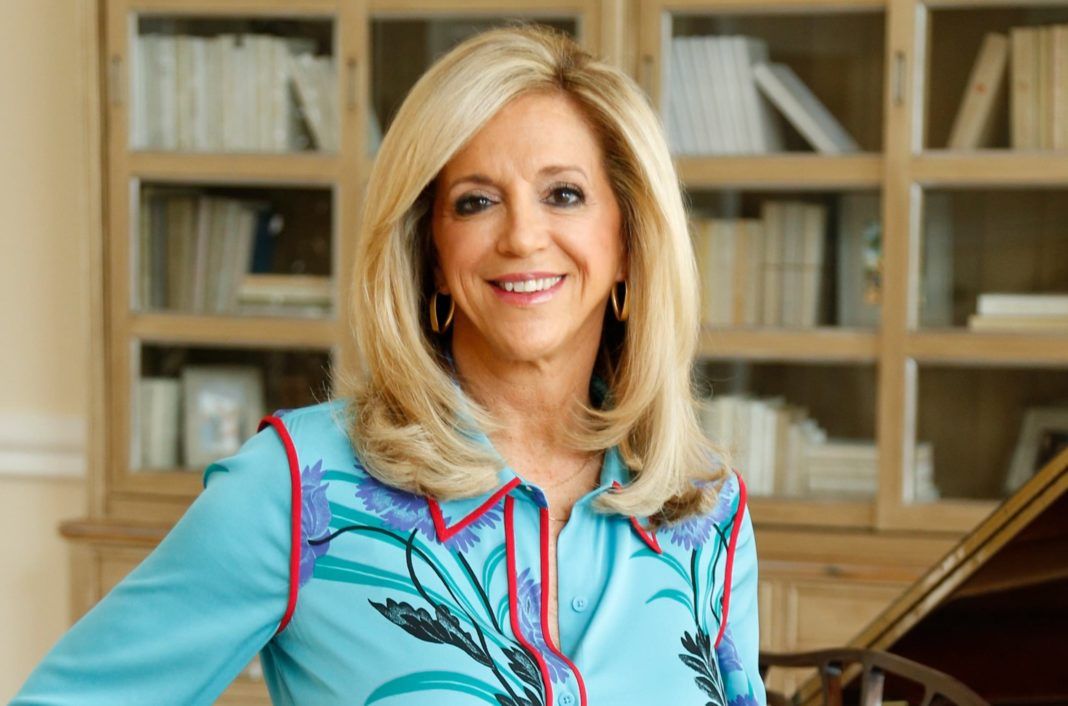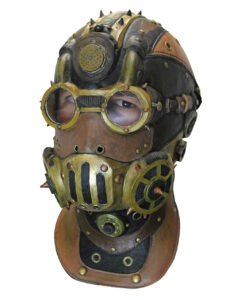Katie Cerulle ’22
Features Editor
This past Tuesday evening, I was sitting on my newly used couch from Facebook marketplace in my common room trolling Amazon Prime to find a movie to watch while I ate my bistro sandwich. I landed on one called Joy, starring Jennifer Lawrence about a woman who invents a new type of mop with continuous, self- wringing and detachable mop heads. Seems pretty simple, I know, but at the time this was a revolutionary concept.
In the movie, Joy Mangano is a newly divorced, single mother with two children just trying to make ends meet. In the summer of 1989, after cutting her hand on a bloody mop on her friend’s boat, she had an epiphany: a mop that can wring itself. In addition to this, she adds continuous loops and a detachable feature so one can just throw the head in the washing machine without touching it. She continues to make them out of her father’s garage in Long Island, enduring many obstacles along the way to patent her product and drive them to a national success. After years of creating prototypes, developing relationships and selling the product on her own, she landed a gig with QVC. On QVC, or the Home Shopping Television Network, she is very excited to present her product, but keeps freezing on set. She mentions that due to the immense pressure of selling her product on live TV in front of millions, she can’t seem to get a word out. After a phone call to her close friend, she gets back on stage and tries again, selling over 50,000 mops in 3 minutes. One obstacle she faces is, someone tries to steal her design for the mops while she is trying to get a patent for the product. Another is running out of money to fund her project. Despite this, she ultimately becomes a wild success and runs her business herself for years.
Upon investigation of the real life of Joy Mangano, while some of the facts of the movie lie in the creative passions of director David O. Russel, the story of Manago makes her more than qualified to be deemed one of my revolutionary women.
Throughout the movie, there were many scenes of misogyny as Mangano was a young, female entrepreneur. The men closest to her continuously advise her to give up her entrepreneurial pursuits due to her lack of experience. In addition to being in the working class, society’s stigma of women’s capabilities left their options limited. Working in business and running a company were usually not in the realm of possibilities. Even though numerous people did not believe in her, after her small stutter on the QVC stage, she managed to sell her mop to hundreds of thousands of other housewives while simultaneously breaking through gender barriers. After years of running her company and patenting hundreds of products, including the Miracle Mop and one of QVC’s best-selling products to date, the Huggable Hanger, she sold the company to the home shopping network in 1999 for an undisclosed amount. Her net worth is reportedly over 50 million dollars.
As I previously mentioned in this and my past articles about revolutionary women, these seem like stories that may not be that significant. Who cares, really, about a mop, right? WRONG. It’s not about the mop. Well, it is about the mop. But it’s also about Manago’s constant battle to do more. She strove to drive her products to success in a way that changed the face of entrepreneurial figures. While she was by no means the first woman to run a successful business, I find her story to be inspiring in her defying all obstacles and finding a way to success no matter what. That is the lesson that I took from her story: success is created by constant persistence and drive.







+ There are no comments
Add yours